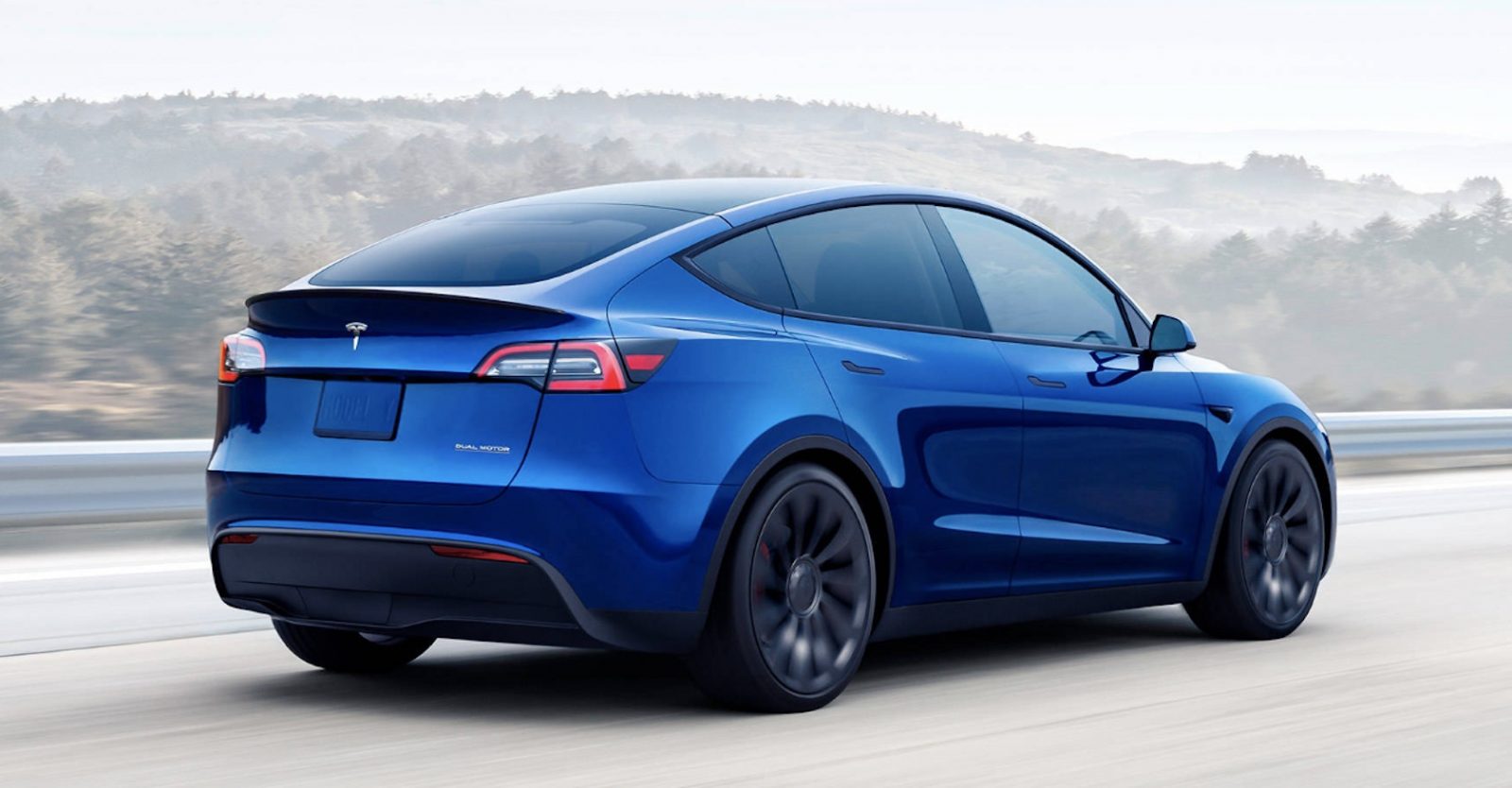- Tesla is quickly becoming a bigger, more mature company, and it’s increasingly doing things by the book
- The company is grappling with demand challenges, increased competition, price reductions, and choppy market conditions
- Musk: “We currently are seeing orders at almost twice the rate of production. Price really matters.”
Elon Musk caught significant flack recently for his escapades with that controversial Twitter deal, but the company he masterminded—Tesla—is quickly becoming a bigger, more mature company, and it’s increasingly doing things by the book, rather than going against the grain.
Tesla has long stood head and shoulders above the crowd in the electric vehicle world, effectively directing the current, so to speak.
Now, the company is increasingly flowing with the current — and that means it’s looking more and more like a traditional automaker as it grapples with demand challenges, increased competition, price reductions, and choppy market conditions.
In its fourth-quarter earnings on Wednesday, Tesla reported record profit and revenue and signaled that it was stepping back from some of its high-flying tech company ways. Firstly, it is juicing demand by lowering prices—not unlike how traditional automakers use incentives to boost sales.
Secondly, it’s emphasizing the need for cost prudence, not unlike how mature automakers are constantly looking to trim the budgetary fat.
And thirdly, it announced plans to move away from its tradition of bunching vehicle sales toward the end of each quarter — a strategy it often deployed to meet or exceed sales targets, but which had a punishing effect on workers who had to scramble to deliver vehicles.
These measures have been highly impactful. Tesla’s recent round of price cuts, averaging around $10,000 per vehicle in the U.S., have stoked demand, CEO Elon Musk said on the company’s earnings call.
“We currently are seeing orders at almost twice the rate of production,” he said. “Price really matters.” He added that he could envision Tesla making 2 million vehicles in 2023 — compared with 1.37 million in 2022. But that’s only if the world avoids major disruptions.
We need to remember of course that Tesla kicked off the EV revolution — and Musk has long stated that his goal was to achieve sustainable energy for the world, even praising competitors.
Only now, for the first time, Tesla has some real rivals to contend with as competition heats up from the likes of General Motors, Ford, Volkswagen, Hyundai, Nissan, Lexus, Toyota, Rivian, and Lucid.
In the U.S., for example, Tesla’s share of new EV registrations in November 2022 was 57.1%, down from 77.8% in November of the previous year
Where Tesla is not so normal as an automaker is in Musk’s stature as a lightning rod for controversy — the company’s overall image has deteriorated since he announced he wanted to buy Twitter.
But Musk suggested he’s not concerned about his Twitter leadership affecting Tesla and gave no indication that he would turn over the reins to anyone else anytime soon.
“Let me check my Twitter account,” he said. “Hang on, I’ve got 127 million followers, and it continues to grow rapidly. That suggests that I’m reasonably popular. I might not be popular to some people, but for the vast majority of people, my follower account speaks for itself.
OUR THOUGHTS
Musk stressed that “Twitter is actually an incredibly powerful tool for driving demand for Tesla.” That’s all well and good as long as Tesla has fresh, exciting new product to take on the growing number of industry rivals—which it does not. In fact, Tesla needs some new products and very soon as its vehicle lineup is aging quickly. Yes, it needs the overdue Cybertruck on sale sooner than later and we need to hear more details about its next-generation platform and where that will take the company—sooner than later, as well.
